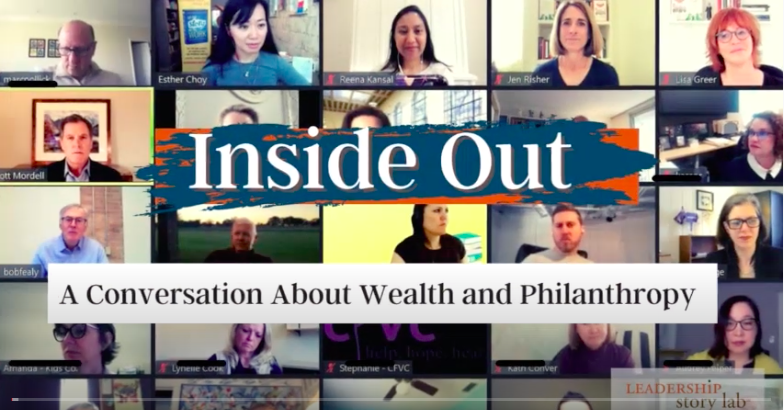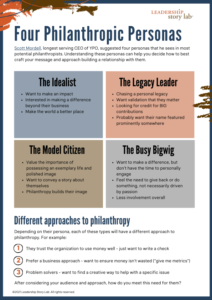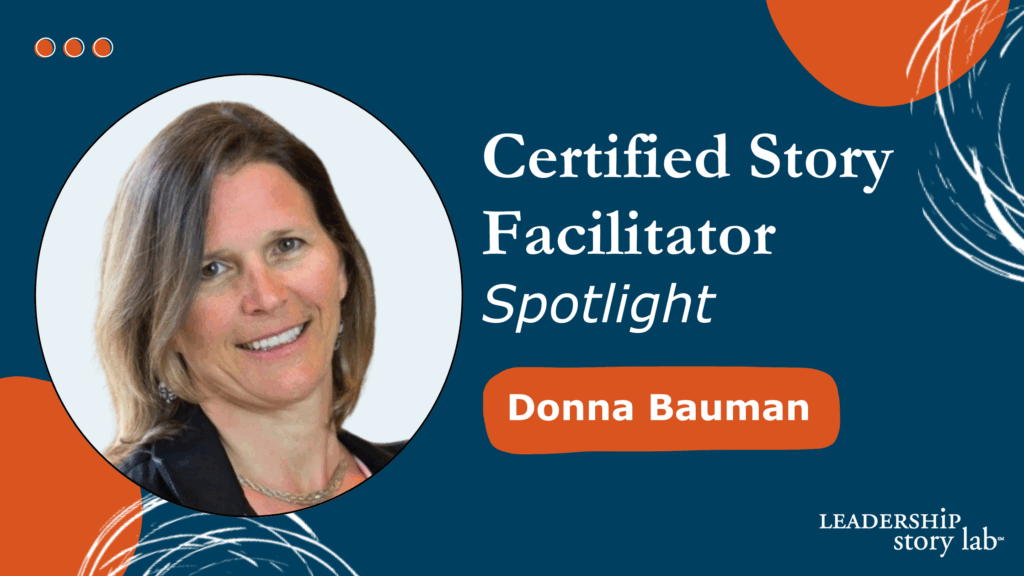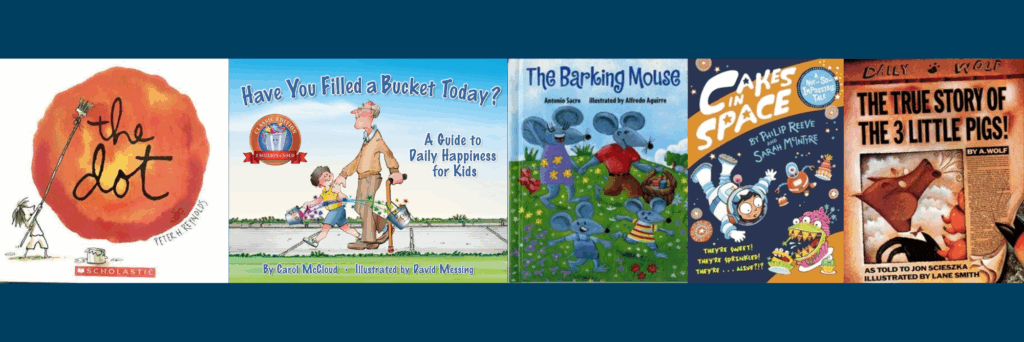April 23, 2021 / Esther Choy

An honest conversation about wealth and philanthropy can lead fundraisers to better relationships with donors.
“What kind of terrible world have we entered?”
This is how Lisa Greer, a panelist in the ”Inside Out” webinar Leadership Story Lab recently co-hosted with ALUMinate, ended her poignant, personal story about realizing how differently her family was being treated solely because of their wealth. It’s a feeling many first generation wealth creators experience – the harsh recognition that they now hold a label which causes people to overlook their humanity.
I’ve been fascinated by this topic of first generation wealth creators (FGW) and their impact as philanthropists for some time. The research report that Leadership Story Lab released at the beginning of this year was the result of lots of study and personal reflection.
One of the most exciting things about finally sharing this report has been connecting with others–donors and nonprofit employees alike–who are interested in better understanding the transforming world of philanthropy and wealth.
That was what I appreciated most about the 90 minutes together during the webinar. Change can only happen when we take the time to listen and learn from each other, and we started doing just that. I was struck, as I so often am, by how powerful it can be just to hear stories from major donors, so I decided to explore this further in Major Donors Reveal How To Request Donations article.
If you missed “Inside Out: A Conversation on Wealth and Philanthropy,” I invite you to watch it here.
Our panelists:
Lisa Greer, a philanthropist, entrepreneur, convener, and the author of the bestselling book “Philanthropy Revolution.” Over the last decade, the Greer home has hosted nearly 200 charitable salons and events connecting nonprofits with donors and the community. Lisa’s is on a mission to “Save Giving” by providing a clear path to success, supported by data, statistics, and interviews.
Scott Mordell, who has led various organizations for more than 35 years, recently concluding as the longest serving CEO in YPO’s 70-year history. YPO’s global leadership community includes more than 30,000 entrepreneurs, family business and professional leaders in more than 140 countries. Scott’s wide-ranging background has helped him develop important leadership lessons and collaboration skills for success.
Jennifer Risher, whose mission is to move money out of the taboo category, creating much-needed conversations about the emotional side of wealth. Her book “We Need to Talk: A Memoir About Wealth” explores the impact of wealth on identity, relationships, and sense of place in the world. In response to COVID, Jennifer and her husband David launched the #HalfMyDAF challenge, inspiring over $8.6 million in charitable giving. In 2021, #HalfMyDAF aims to help transfer $20 million from DAFs to nonprofits.
Show notes:
0:00: Introduction: Bucking two trends
6:00: Part 1: What Is Wealth?
What are first-generation wealth creators’ relationships––and struggles–– with wealth? It is very rare for major gift officers to be major donors themselves. But philanthropists and fundraisers are two groups of people who have to understand each other well to work together.
10:00: An unthinkable moment – Lisa Greer, author of Philanthropy Revolution
15:18: Putting money in its place – Jennifer Risher, author of We Need to Talk
23:30: Net worth isn’t self-worth – Scott Mordell, longest-serving CEO of YPO Global
28:35: Wealth doesn’t come with a handbook – Jennifer Risher
29:45: Why it took 7 months to give away $2M – Lisa Greer
32:40: “I’m not just ‘one of the people’ anymore.” – Scott Mordell
33:48: “Mom, Dad, are we rich?”
Jennifer and Lisa on how their children responded to their families becoming wealthy.
41:10: “Our sense of gratitude as we walk through the world…”
Jennifer and Lisa on how first-generation wealth creators can live their values in front of their children.
 48:00: Part 2: Easier Said Than Done
48:00: Part 2: Easier Said Than Done
Given the inherently unequal power dynamics between fundraisers and major gift donors, what are the best ways for fundraisers to get to know donors’ stories?
52:55: Four personas of philanthropists (and how to reach them)- Scott Mordell
58:15: Donors don’t always know what they’re doing – Jennifer Risher
Part 3: Is A Win-Win Possible?
How can fundraisers reach their goals while being empathetic and helpful to their donors?
1:00:00: “All about the heart.” – Bob Fealy, Founder and President at ALUMinate, Inc.
1:07:35: Help the donor, connect personally, get them involved – Jennifer Risher
1:09:40: Restoring “lost” donor relationships – Lisa Greer
1:12:00: How (and where) do you find FGWs? – Bob Fealy
1:16:35: Three actions to take – Esther Choy, President and CEO of Leadership Story Lab
Download the Four Philanthropic Personas Handout
Scott Mordell, longest serving CEO of YPO, suggested four personas that he sees in most potential philanthropists. Understanding these personas can help you decide how to best craft your message and approach building a relationship with them. This companion handout contains frameworks to prepare you for conversations with donors.
Related Articles
How To Fully Understand Your Donors’ Stories
3 Storytelling Secrets To Winning Major Gifts
Better Every Story
Leadership Transformation through Storytelling
"This is an amazing and insightful post! I hadn’t thought of that so you broadened my perspective. I always appreciate your insight!" - Dan B.
Get Esther Choy’s insights, best practices and examples of great storytelling to your inbox each month.




